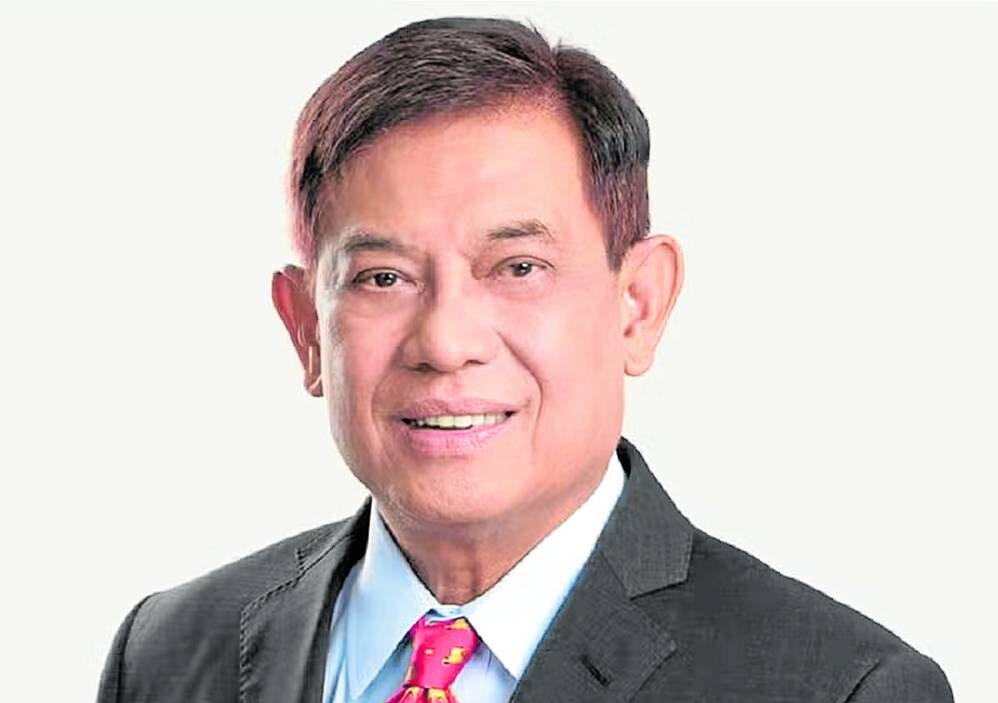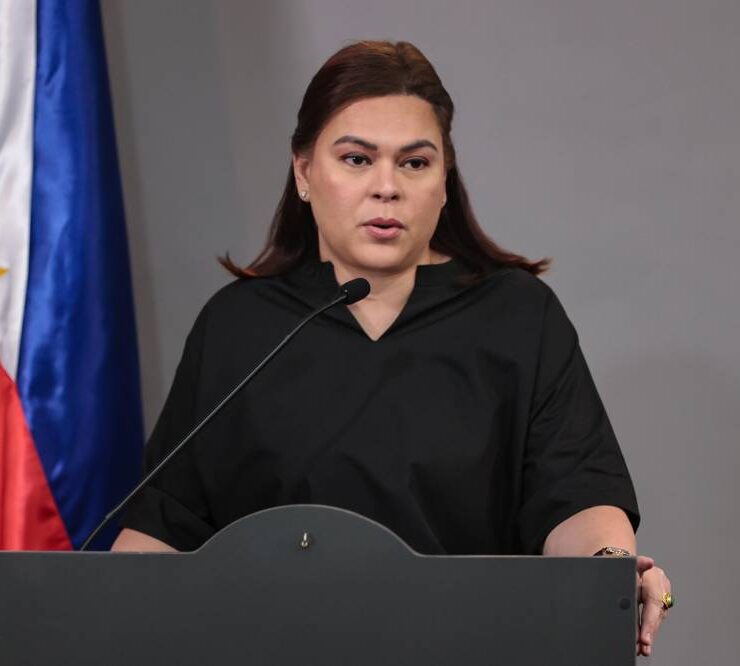SEC acts vs ‘predatory’ lenders, eyes rate caps

The Securities and Exchange Commission (SEC) is taking tougher measures against schemes that have victimized and trapped thousands of Filipinos in “cycles of debt,” as it plans to impose limits on interest rates and other fees charged by lending and financing firms.
The corporate watchdog on Friday said it would welcome public comments until Nov. 14 on a draft memorandum circular that seeks to curb “predatory” lending practices.
These schemes are also subject of at least three reform bills pending at the House of Representatives.
Under the SEC’s proposed rules, the ceiling on interest rates and other fees will apply to unsecured general-purpose loans with a maximum amount of P20,000 and terms of no more than six months.
This will be an update to the 2022 policy that only applied to small personal loans not more than P10,000 and payable up to four months.
The proposed lending guidelines would put a maximum nominal interest rate at 6 percent per month, or about 0.2 percent per day.
The effective interest rate, including all other costs and fees, would also be limited to 10 percent per month, or about 0.33 percent per day.
For late payments or nonpayment on outstanding scheduled amounts due, lending and financing groups may only enforce fines of up to 5 percent per month.
Suspension, revocation
The SEC will also limit total charges to the amount borrowed.
Credit providers that fail to comply with the interest rate caps would face a fine ranging from P25,000 to P100,000 for the first and second offenses.
Heavier penalties, including suspension and revocation of permits, may also be slapped on noncompliant companies.
The SEC said the move intends to “reflect current socioeconomic conditions.”
“The number of borrowers struggling under excessive interest rates has continued to grow in recent years, as certain entities exploit the accessibility of online lending applications to trap our fellow ‘kababayans’ in cycles of debt,” SEC Chair Francis Lim said in a statement.
“Through responsive policies and stronger enforcement actions, the SEC will ensure that lending practices remain fair, transparent, and aligned with consumer protection standards, while promoting the continued viability and competitiveness of legitimate financing and lending companies,” he added.
Republic Act No. 11765, or the Financial Products and Services Consumer Protection Act, gives the SEC the power to “determine the reasonableness of interest charges and fees which financial service providers may demand, collect, or receive for any service or product offered to a financial consumer.”
Harassment complaints
A study by online lending platform Digido released in January showed that the local online lending space has been growing annually by 28 percent from 2013 to 2023 with Generation Z boosting this growth.
Digido also revealed that more Filipinos were downloading mobile lending applications to access credit. It reported that the total number of app downloads reached 73.5 million in 2024, marking a 56.4-percent increase from 2023.
This growth, however, has been accompanied by an increase in online crimes with the Presidential Anti-Organized Crime Commission (Paocc) reporting in July that majority of the 156,000 complaints recorded by the police per month were from victims who complained of harassment after using online lending applications.
Paocc, as of July 2025, was handling 15,000 cases of victims of online lending applications.
Several House lawmakers, meanwhile, have sought to investigate or regulate online lending applications amid reports that they have been, among others, imposing unfair interest rates and implementing abusive and unfair debt collection practices.
None of the measures, however, have moved beyond the committee of banks and financial intermediaries as of writing with the 20th Congress currently on a break until Nov. 9.
Ending predatory lending
Bagong Henerasyon Rep. Robert Nazal filed the first such measure through House Resolution No. 96, which urged the House to investigate the “interest rates, hidden charges, and other fees imposed by online lending platforms and digital installment services” with the objective of crafting legislation against predatory lending.
Albay Rep. Raymond Salceda has also filed a resolution urging the Bangko Sentral ng Pilipinas (BSP) to issue guidelines protecting consumers from harassment and restricting the outsourcing of third-party collectors who employ “abusive and unethical practices”; while Bukidnon Rep. Audrey Zubiri filed House Bill No. 5283 seeking to amend Republic Act No. 9474, or the Lending Company Regulation Act.
Zubiri, specifically, was hoping to incorporate online lending platforms into the legal framework and to raise their current minimum capitalization requirement from a mere P1 million to P150 million.
These measures were filed amid mounting cases of ordinary Filipinos who borrowed money from online lending apps, only to be subjected to interest rates, fees and penalties that were far beyond reasonable lending norms, and which were disguised as “service” or “processing charges.”
Many of them also reported being harassed by the apps’ third-party collectors, and receiving messages threatening to embarrass them in public if they did not pay on time.
These despite the BSP and SEC issuances that regulate such fees and prohibit abusive collection practices, such as public shaming, obscene language, and calls beyond working hours. —WITH REPORTS FROM KRIXIA SUBINGSUBING AND INQUIRER RESEARCH





















